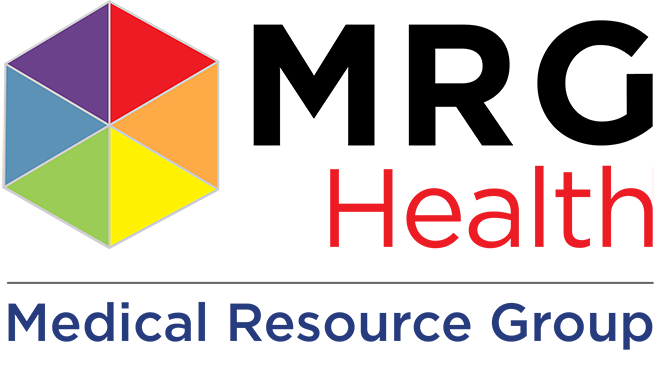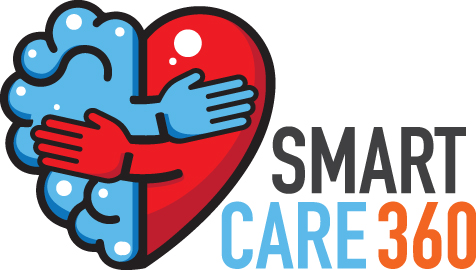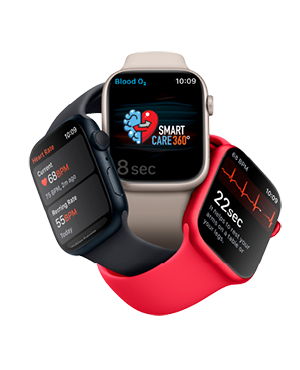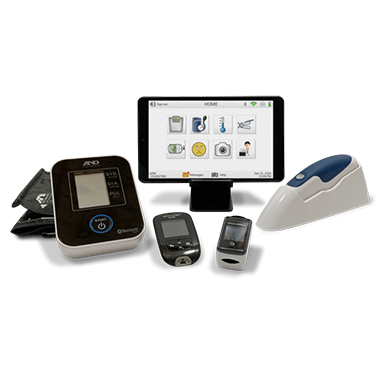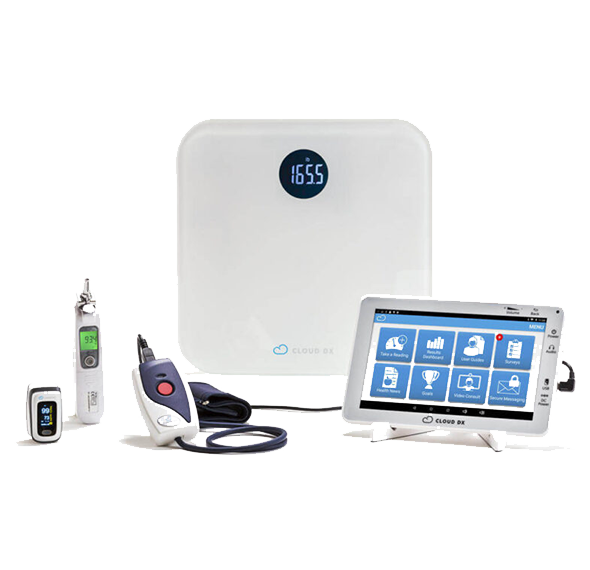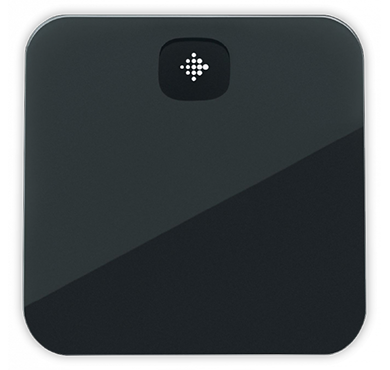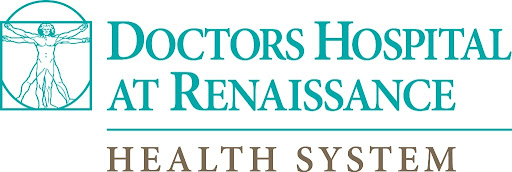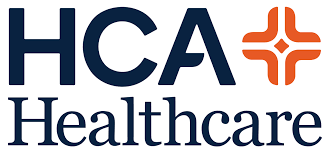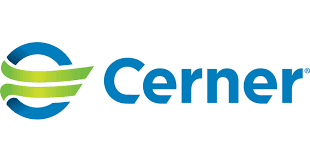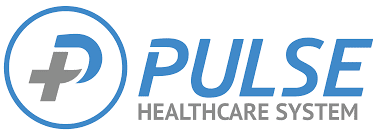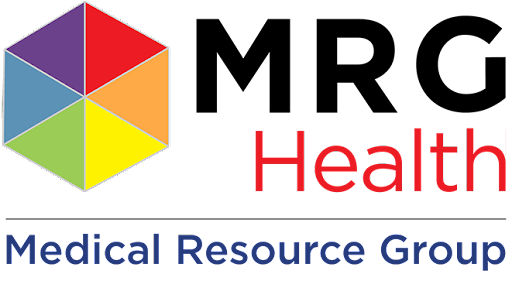Coronary Artery Disease
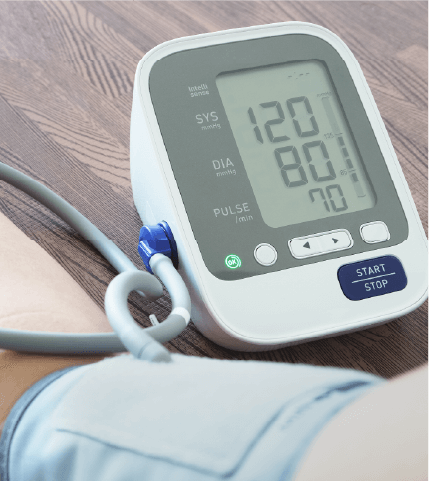
Barriers to Adequate Coronary Artery Disease Management
Following are some of the limitations that your patients commonly experience:
- Glycemic control is crucial in the management of diabetes, limitations in appropriate and timely use of insulin impede patient health-care
- Diabetic care is hardly patient-centric, and has a severe impact on patient’s convenience and lifestyle.
- Lack of awareness and education among patients hinders effective diabetic monitoring and control.
- Unavailability or inaccessibility of healthcare resources, like at-home sugar testing tools, is another major obstruction that patients face.
- The financial and out-of-pocket expenses involved in getting adequate diabetic treatment are taxing for the patients
- Non-compliance and poor adherence to advice, and a general lack of understanding among patients leads to suboptimal treatment.
Solutions to Improve Care Outcomes
- Population Health Risk Scoring and Risk Stratefication
- Disease Specific Care Pathways
- Referral Coordination
- Seemless TeleHealth Video Conferencing
- Health Coaching
- Nutrition
- Exercises
- Wellbeing
- Social Services
Blogs
5201 Memorial Dr. Ste 529
Houston, TX 77007
Department Hours
- Monday-Friday 8:00 - 20:00
- Saturday 09:00 - 14:00
- Sunday Close
Why Smartcare360°?

Expanded Access to Providers
Geographic and socio-economic restrictions are lifted through RPM and leads to better access for patients who live in remote locations.

Cost Effectiveness
The primary advantage of RPM is its cost-effectiveness. As diabetic care seriously impacts patients’ finances, in the long run, it proves to be more reasonable, financially. With SmartCare 360, you can cut costs and see an increase in revenue within two days of implementation.

Follow-ups
Adherence is a crucial component of diabetes management. Regular, timely checkups are vital for diabetic patients. With RPMs, your patients can monitor their blood-sugar levels, plan diets, and get appropriate consultation right from their homes.

Telehealth and Care Management
Incorporating RPM in diabetic care enable better access to care, improved adherence, and better-managed symptoms. It also facilitates lifestyle modifications to improve overall patient health.
With the all-inclusive wellness program created by MRG Health, practices that adopt RPM and CCM can expect to see a boost in their bottom line by $10,000 per month for every 400 patients.
Benefits of MRG health services
Clinically-proven to significantly get patients’ congestive heart failure under control and improve overall health, in a safe and effective manner.
Get the help of smart technology to effectively manage your patients’ care even when your staff’s off-hours. Our RPM, CCM, PCM, and RTM technology is there for your patients wherever they go, whether they are at home, at work or on vacation. Your patients will get the care they need, reducing the stress and burden on your staff.
Value based virtual care services increase profitability for any practice in two ways: Reducing internal staffing costs and increasing overall revenue.
By providing physicians with real-time data, virtual care services can be used to improve care delivery, avoid potential complications, and cut expenses overall.
In addition, physicians who implement these virtual care services can qualify for special grants from the government or other organizations that help to offset the cost of care and bring in revenue for immediate use.
As a result, healthcare practices and organizations who adopt SmartCare 360
virtual care services can expect to see a boost in their bottom line of $10,000 per every 400 patients.
Clinical Research Illustrates Virtual Care
Significantly Improves Coronary Artery Disease Control
The ultimate solution to diabetes has arrived! RPM seamlessly functions to eradicate the aforementioned barriers associated with diabetic treatment. It ensures proper monitoring and prompt control of the disease, paving the way for improved patient health care and better lives. Studies show that patients receiving diabetic treatment through RPMs showed a significant improvement in their HbA1c levels. RPMs provide more frequent access to glucose levels before and after meals, making it easier to manage blood sugar levels for patients.
